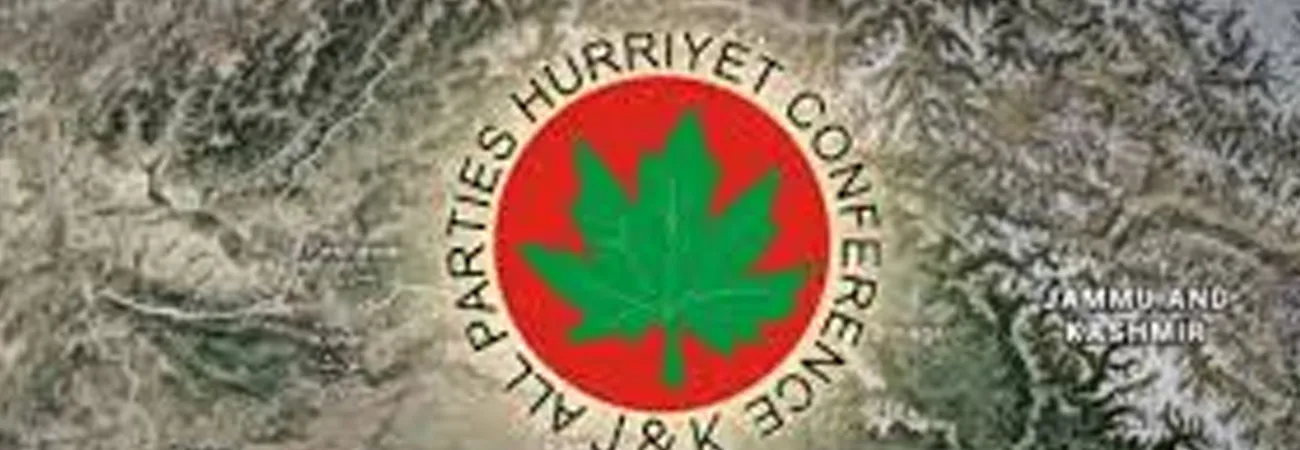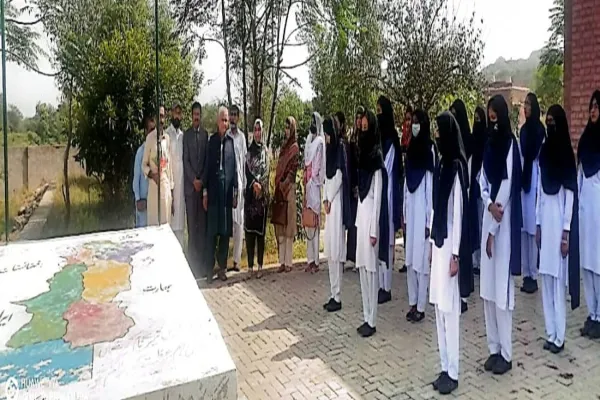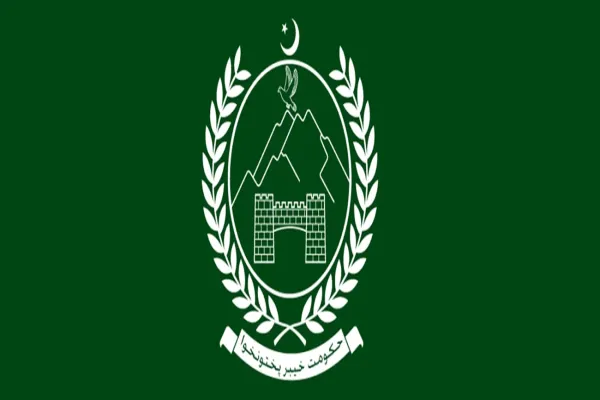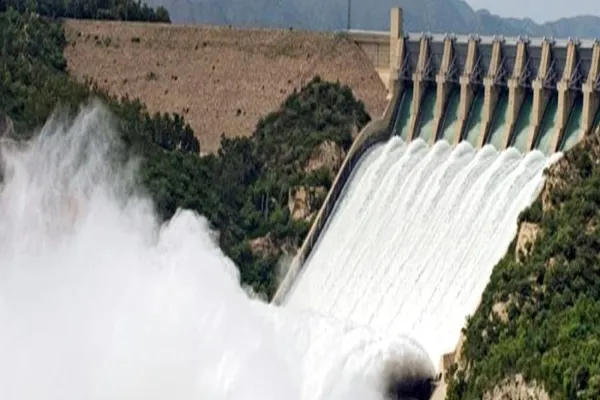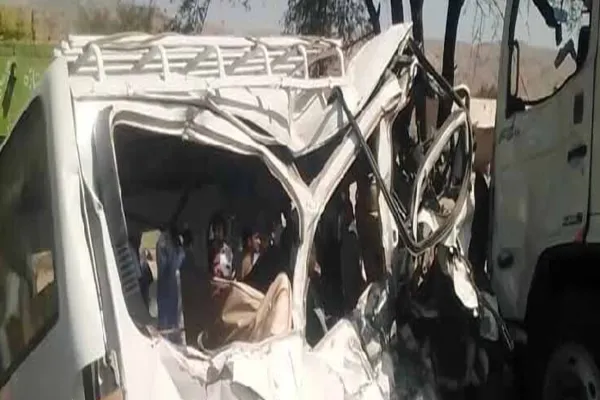i NEWS PAKISTAN
The All Parties Hurriyat Conference (APHC) has said that Pakistan’s peaceful and constructive handling of recent public demands in Azad Jammu and Kashmir (AJK) stands in sharp contrast to India’s brutal suppression and military occupation in Indian illegally occupied Jammu and Kashmir (IIOJK). According to Kashmir Media Service, APHC spokesman Advocate Abdul Rashid Minhas in a statement issued in Srinagar said the Government of Pakistan effectively addressed the socio-economic and administrative concerns of AJK residents through dialogue and mutual understanding.
He noted that Islamabad’s approach reflected maturity and democratic commitment, as most of the genuine public demands were accepted and implemented in good faith. “The peaceful resolution of the AJK situation underscores Pakistan’s responsiveness and commitment to democratic engagement.
Unlike India, Pakistan refrained from arresting protest leaders, instead prioritizing dialogue, inclusion, and local satisfaction,” the spokesman said. He added that even in moments of tension, authorities in AJK demonstrated restraint and respect for the people’s right to peaceful assembly. The APHC pointed out that this people-centric approach stands in stark contrast to the grim situation in occupied Jammu and Kashmir, where New Delhi continues to rule through repression and coercion.
“Since the illegal abrogation of Articles 370 and 35A, India has converted IIOJK into a massive garrison. Thousands, including top Hurriyat leaders, remain detained under black laws like UAPA and PSA without due process,” the spokesman said. He added that the BJP-led Hindutva regime had choked all democratic space in the occupied territory, where peaceful dissent is met with arrests, raids, and the use of brutal force.
“Even elected representatives are languishing in jails for voicing local grievances, while journalists, lawyers, and rights defenders face constant intimidation,” he noted. The APHC spokesman said that in IIOJK, electricity tariffs are much higher than in Azad Jammu and Kashmir, and people are subjected to brutal force for demanding an end to load-shedding and the provision of drinking water.
He added that in the occupied territory, land is grabbed and allotted to outsiders, while no such injustices are seen in Azad Kashmir. Moreover, he pointed out, there is a complete media gag in IIOJK, whereas people in Azad Kashmir enjoy freedom of expression without such restrictions. Referring to Ladakh, the spokesman said India’s excessive use of force against peaceful protesters demanding constitutional safeguards exposes the Modi regime’s intolerance toward legitimate dissent.
“The shooting of unarmed civilians and the arrest of climate activist Sonam Wangchuk under a black law reveal India’s fear of truth,” he added. The APHC urged the international community to take serious notice of this stark contrast—Pakistan’s democratic engagement versus India’s authoritarian oppression—and to hold New Delhi accountable for its war crimes and human rights violations in IIOJK and Ladakh.
Credit: Independent News Pakistan (INP)



